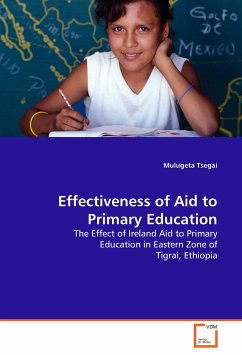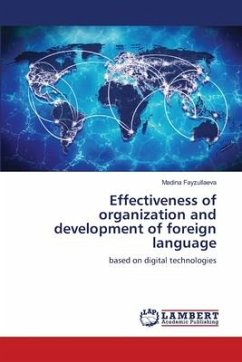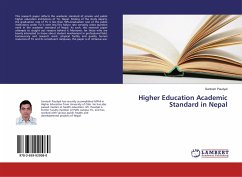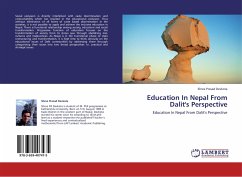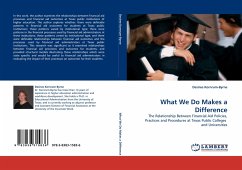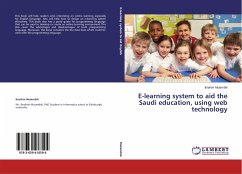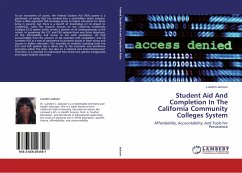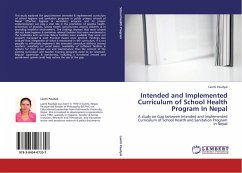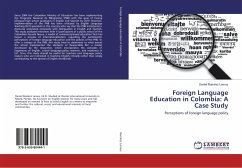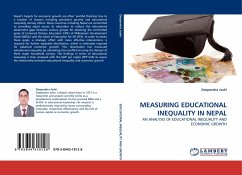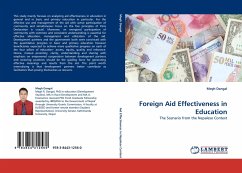
Foreign Aid Effectiveness in Education
The Scenario from the Nepalese Context
Versandkostenfrei!
Versandfertig in 6-10 Tagen
45,99 €
inkl. MwSt.

PAYBACK Punkte
23 °P sammeln!
This study mainly focuses on analyzing aid effectiveness in education in general and in basic and primary education in particular. For the effective use and management of the aid with active participation of community and simultaneous focus on the five principles of Paris Declaration is crucial. Moreover, an energized participation of community with common and consistent understanding is essential for effective allocation, management and utilization of the aid. Development partners and the government both were convinced with the quantitative progress in basic and primary education however bene...
This study mainly focuses on analyzing aid effectiveness in education in general and in basic and primary education in particular. For the effective use and management of the aid with active participation of community and simultaneous focus on the five principles of Paris Declaration is crucial. Moreover, an energized participation of community with common and consistent understanding is essential for effective allocation, management and utilization of the aid. Development partners and the government both were convinced with the quantitative progress in basic and primary education however beneficiaries expected to achieve more qualitative progress on each of the four pillars of education- access, equity, quality and relevance. Hence, mutual proximity, clarity, understanding and sharing with emphasis on empowered cooperation between development partners and receiving countries should be the guiding force for generating effective meanings and results from the aid. The point worth internalizing is that development partners better contribute as facilitators than posing themselves as rescuers.



